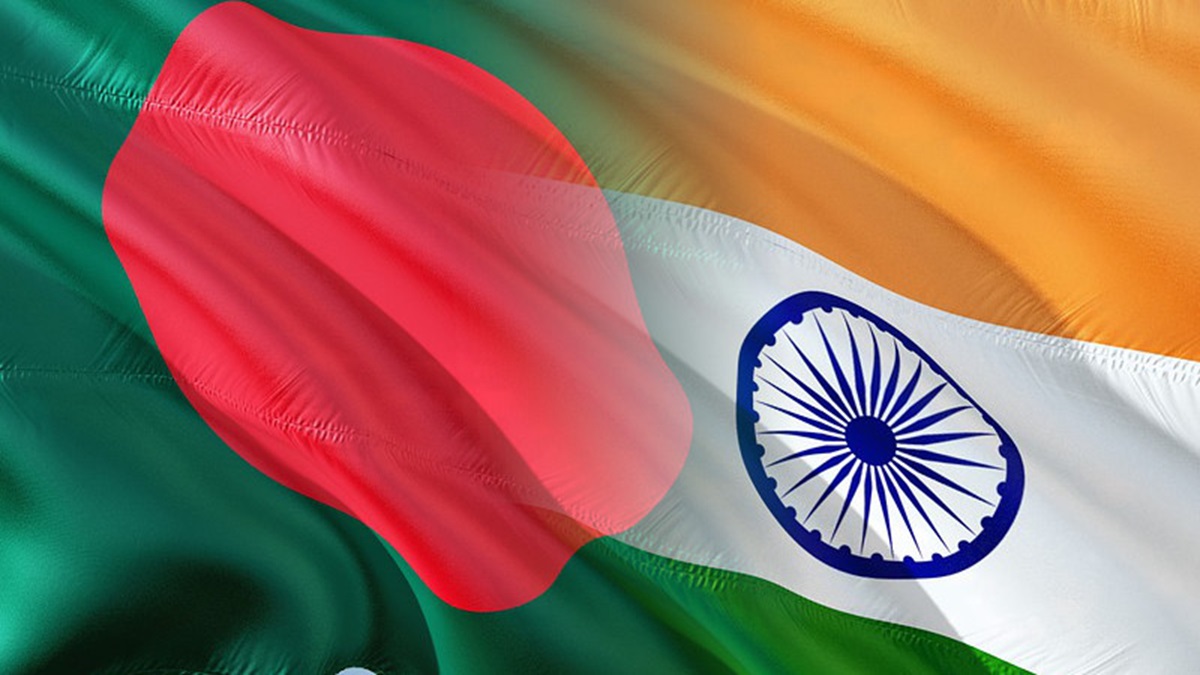India unresponsive to Bangladesh’s repeated calls for trade talks
BY Insider Desk
July 26, 2025

India has remained silent on repeated requests from Bangladesh to resolve growing trade-related disputes, raising concerns in Dhaka over the implications for bilateral economic relations.
Officials in Bangladesh say several formal communications—ranging from requests to lift shipment restrictions to proposals for holding the long-pending commerce secretary-level meeting—have gone unanswered in recent months.
These include proposals for meetings of the Joint Working Group on Trade, which officials view as essential platforms to address mounting trade barriers.
The diplomatic freeze follows the political upheaval in Bangladesh in August 2024, which resulted in the ouster of former Prime Minister Sheikh Hasina amid a mass student-led uprising. She later took refuge in New Delhi. Since then, Indian authorities have appeared reluctant to engage with Bangladesh on key trade issues, officials say.
One of the most contentious developments was India’s imposition of port restrictions on May 17, which banned the import of Bangladeshi goods, including garments, processed foods, fruit-based beverages, and plastic products, through most land customs stations (LCSs), except for a few in northeastern states and two locations in West Bengal.
This was followed by a June 27 restriction on jute and allied products, now allowed only through the distant Nhava Sheva port in Maharashtra. Exporters say the move has sharply increased shipping costs—by as much as $100 per ton—and rendered Bangladeshi jute exports uncompetitive, especially in the Indian market, where most mills are located near the Bangladesh border.
To defuse tensions, Bangladesh’s Commerce Adviser, Sk Bashir Uddin, wrote to Indian Commerce Minister Piyush Goyal on May 29, urging a suspension of the port restrictions and proposing the resumption of bilateral talks. Nearly two months later, Dhaka has yet to receive a response.
Earlier in April, India revoked the transshipment facility for Bangladeshi exports via Indian airports to third countries. The measure raised costs for Bangladeshi exporters, particularly in the apparel sector, which relied on Indian air routes for more competitive shipping.
The last commerce secretary-level meeting between the two countries took place in March 2022 in New Delhi. Bangladesh proposed holding the next meeting in Dhaka during the March-April 2023 window, but India did not respond. Renewed proposals in May 2025 for a meeting in early September have similarly been met with silence.
Requests for emergency meetings following India’s latest port restrictions in May were also ignored, officials said, despite proposals for virtual or in-person discussions in late June or mid-July.
The standoff has extended to the border haats—small cross-border markets—whose operations have remained suspended since August 2024. Officials say that restarting these would be on the agenda if India agreed to a commerce secretary-level meeting.
Negotiations on a proposed Comprehensive Economic Partnership Agreement (CEPA) between the two countries, seen as crucial for long-term economic cooperation, have also stalled. Talks have remained dormant since February 2024.
While officials in Dhaka emphasise the need for diplomacy and dialogue to restore regular trade ties, they acknowledge that the current political and diplomatic environment has created uncertainty over future cooperation.
“Repeated calls for engagement are being met with silence,” said one senior official. “The cost of this deadlock is falling squarely on Bangladeshi exporters and businesses.”
Tags:
Most Read

Electronic Health Records: Journey towards health 2.0

Making an investment-friendly Bangladesh

Bangladesh facing a strategic test

Understanding the model for success for economic zones

Bangladesh’s case for metallurgical expansion

How a quiet sector moves nations

Automation can transform Bangladesh’s health sector

A raw material heaven missing the export train

A call for a new age of AI and computing
You May Also Like
